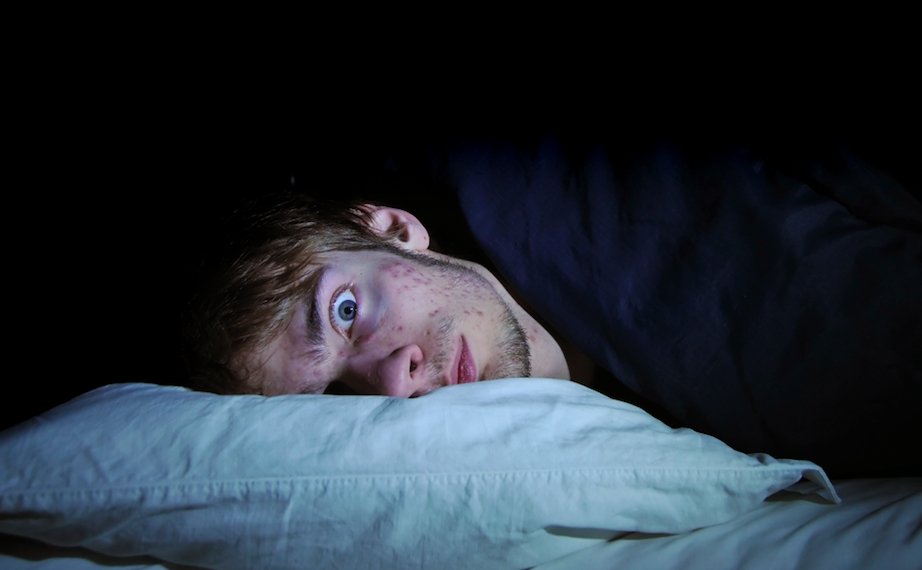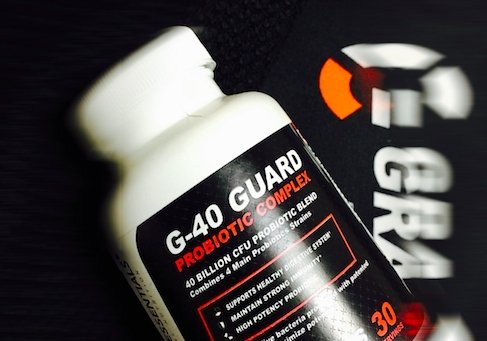5 Tips for a Better Sleep
People always look for magic recipes to have a better health, having more focus, recovering faster from physical activities or stress and, of course, for losing weight. But in reality, we have a very powerful tool from nature that will beat all those miraculous formulas:
A nice and deep sleep night!
A good sleep allows your body to recover and also to perform vital metabolic processes, such as getting rid of toxic proteins in the brain. During REM (rapid eye movement) sleep, your “sleeping” brain is very busy consolidating short-term memories into long-term memories.
It's no surprise that sleep deprivation has been associated with a lot of health issues, the ability to think clearly, react quickly, and form memories. Sleep deprivation also affects mood, leading to irritability; problems with relationships, especially for children and teenagers; and depression.
Research shows that not getting enough sleep, or getting poor-quality sleep, also increases the risk of high blood pressure, heart disease, obesity, and diabetes.(1)
So, as this is a very important issue, most of times overlooked, we researched proven factors to consider if you want to have a quality sleeping time:
1. Turn the Lights Off
Light helps to regulate the body biological clock, especially through melatonin, a hormone that indicates to your body that it’s time to sleep. When we turn all the lights off the body starts to produce melatonin. But the blue light, naturally produced by the sun and also by the TV screens, computers, and smartphones disrupts the production of melatonin. So the important tip here is to reduce the exposure to blue light in the evening.
2. Try to be consistent on sleeping time
Your body aligns itself with sunrise and sunset. Being consistent with waking and sleep times can improve the quality of your sleep dramatically. It's just like a computer program. That's why on Mondays it is always a hard day to wake up and you feel sleepy and tired all day long. If that's sounds familiar for you, probably your weekend sleep pattern is not the same as weekdays.
Studies show that an irregular pattern of sleep can also alter your levels of melatonin (2).
3. Avoid Alcohol and Caffeine during night time
Alcohol is known to increase sleep apnea, snoring and disrupted sleep patterns. Drinking alcohol before bed also can reduce nighttime hormone production. A study (3) shows that ethanol decreases nocturnal plasma levels of thyroid hormones, causing the disturbance of many other factors.
Regarding the Caffeine, it's a very popular substance that has proven to bring many benefits, like focus enhancement and energy boosting. Many people use it for improving the sports performance. But people don't realize that taking this substance in the late evening, will stop your body from naturally relaxing.
So, be careful on what you drink with your dinner. Sometimes that glass of wine, soft drink or the expresso after the meal are the bad guys behind your troubled sleeping!
4. Exercise hard to sleep well or sleep well to exercise hard?
Definitively exercising during the day leads to a better sleep at night. But this is a kind of controversial subject with regard to the potential sleep disruption that may be caused due to a hard workout done in the late evening.
The findings here are that exercising lead to an increase in the production of adrenaline and also raises your body temperature. (both negative factor for a good night sleep). But those factors are temporary. So, unless you finish your workout and jump straight to bed, these effects may be compensated by a warm bath and a cool temperature bedroom.
A study also shows that increased physical activity improves sleep and mood in inactive people.(4). But not everyone is the same. You will have to listen to your body and determine is the time you go to the gym is causing you a poor night sleep.
Now, one thing to watch is regarding the muscles or joints pains that the workout may produce in your body. If you did workout too hard this may be felt during the night and disrupt your sleep. Also in the next morning you will feel tired and sore because your body needs more rest to recover. With this regard, it's important to have the correct nutrition and post training supplementation. Glucosamine formulas taken regularly can help to improve a lot the joints discomfort, while BCAAs (amino acids) will support your muscles regeneration process.
5. Try to Supplement with Melatonin
Melatonin is a key sleep hormone that signals to your brain when it's time to relax and go to bed (5). Often used to treat insomnia, it may be the easiest and fastest way to fall into a deep sleep. It can also help fight jet lag, and that's why melatonin is especially popular among frequent travel flyers.
Other natural supplements that combined with melatonin can help:
Magnesium: Lack of magnesium, a mineral that plays an important role in the brain, can result in abnormal neuronal excitations leading to a troubled sleep.
Valerian root: Valerian is an herb native to Asia and Europe. Its root is commonly used as a natural treatment for symptoms of anxiety, depression and menopause. This root is backed by several studies that show it can help you fall asleep and improve sleep quality.(6)
L-Theanine: An amino acid, l-theanine can improve relaxation and sleep. (7)
Tryptophan: Study reports that doses as low as 1 gram per day of this essential amino acid may help improve sleep quality. (8)
And many other natural ingredients, such as Chamomile, Vitamin B6, St. John’s Wort, Gaba, Skullcap and Ashwaganda, are already being used in the best sleeping formulas that are available in the market.
For athletes, a good night sleep worth as much as a heavy day of training. Recovery is very important to take you to the next level of performance of your sport. So, make sure to follow these tips and have a good night!
Rilion Gracie
Gracie Essentials Team
References:
(1) https://www.nichd.nih.gov/health/topics/sleep/conditioninfo/sleep-deprivation
(2) https://www.ncbi.nlm.nih.gov/pubmed/12220314
(3) https://www.ncbi.nlm.nih.gov/pubmed/8675588
(4) https://www.ncbi.nlm.nih.gov/pubmed/25903450
(5) https://www.ncbi.nlm.nih.gov/pubmed/9556097
(6) https://www.ncbi.nlm.nih.gov/pubmed/20347389







